Exploring the mystery behind Kyrie Irving
Kyrie Irving drama ensues after he makes a stand following political turmoil
January 28, 2021
Over the past few years, Brooklyn Nets point guard Kyrie Irving has transformed into one of the most polarizing figures in all of sports. After a lackluster stint with the Boston Celtics from 2017-2019 and a subsequent unceremonious departure from the team, reports began to surface that Irving was nothing but a locker room cancer, a diva whose ball-dominant style wasn’t conducive to championship-caliber basketball. Irving then sought a trade to Brooklyn, where he teamed up with elite scorer and two-time NBA champion Kevin Durant. Then, shortly after the 2021 regular season campaign began, the Nets acquired superstar guard James Harden from the Houston Rockets in a stunning three-team trade, effectively creating the NBA’s newest superteam.
On the court, there is no denying Irving’s unprecedented talent. The 28-year old star boasts some of the most outstanding ball-handling skills in recent NBA history, along with career averages of 22.5 PPG and 5.7 APG. There are few players in the league that can electrify an audience the way Irving does; his storied ten-year career has resulted in countless memorable moments, namely his historic game-clinching 3-pointer in Game 7 of the 2016 NBA Finals against the Golden State Warriors.
To the casual observer, it would seem that the stars had finally aligned for Irving and the Nets. He was once again surrounded by the same type of generational talent that had allowed him to capture the NBA title alongside LeBron James in 2016. Furthermore, he’d been backed by a front office and a young head coach who’d made it clear that Irving was a priority for the franchise moving forward. A deep playoff run seemed probable, if not expected, within the organization. However, as is often the case with Irving, his recent actions have woven a complicated tapestry, provoking questions to which there are no simple answers.
On Jan. 6, a massive group of protestors marched on Washington, D.C., in an effort to dispute the results of the Presidential election in which Donald Trump was ousted from office in favor of Democratic nominee Joe Biden. The protestors took unprecedented action, many of them breaching the U.S. Capitol building and throwing the country into a state of panic. These individuals’ actions further increased tensions surrounding the ongoing social justice movement, which has arisen in response to the horrific deaths of George Floyd, Breonna Taylor, and many other African Americans at the hands of law enforcement officials.
In the wake of these events, numerous professional athletes utilized their platforms to call for change. Many were outraged that the individuals at the Capitol (a predominately white crowd) were permitted to violate federal laws seemingly without consequence in the context of a protest. On the other hand, Black Americans faced tear gas, pepper spray, and even deadly force amid the Black Lives Matter protests that occurred during the summer of 2020. This double standard cuts straight to the heart of the social injustices that continue to plague America each and every day.
Irving’s response to the situation was a sharp departure from that of his NBA colleagues. He took an abrupt leave of absence from the Nets, missing five consecutive games and citing “personal reasons” as his motive. Communications with Nets Head Coach Steve Nash were minimal, putting Nash in an awkward position when addressing the media. Immediately, controversy began to swirl. The situation garnered even more negative publicity when Irving was recorded attending a large public gathering without wearing a face covering, a clear violation of the NBA’s COVID-19 health and safety protocols. This detail, in particular, seemed to tip many NBA analysts over the edge. Several seemed to conclude that Irving’s presence within any organization, no matter how ideal the surrounding circumstances, was simply unsustainable. The most notable sound byte came from Stephen A. Smith on ESPN’s First Take, in which Smith called for Irving’s retirement from basketball, stating that he was “not worth the drama at all.”
Irving has since rejoined the Nets, shedding further light on his absence by saying in a press conference by saying that he “needed a pause.” He dazzled in his first game back with the team, posting 37 points in a double-overtime loss to the Cleveland Cavaliers.
At first, Irving’s prolonged absence from Brooklyn left more questions than answers. It seemed no one had any knowledge regarding Irving’s whereabouts or what he was up to during his time away. Eventually, however, more details began to emerge. On Jan. 13, Irving popped up on a Zoom call with local social justice leaders from the city of Brooklyn. Six days later, on Jan. 19, the news broke that Irving had recently purchased a house for George Floyd’s family to honor his memory.
Public opinion on Irving seemed to soften a bit as these stories developed. The line between general acceptance and condemnation in the NBA is a fine one, and Irving has walked it like a tightrope his entire career. Sometimes, however, it seems that Irving’s negative headlines remain at the forefront of sports news cycles far longer than those that would bolster his reputation. Because of his polarity, his critics around the NBA are eager to write him off as a distraction at the first sign of trouble. In other words, the proverbial vultures often begin to circle Irving before he’s had a chance to defend himself.
I don’t think many people around the NBA understand Kyrie Irving, and I’m not sure they ever will. That’s part of his brand, and instinct tells me it’ll remain the most divisive aspect of his legacy. What truly makes a man like that tick? The world may never know. But that’s all part of the mystery. Isn’t it?


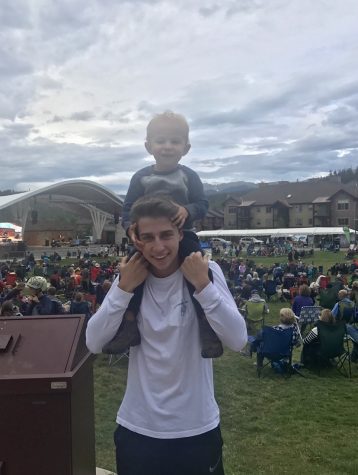










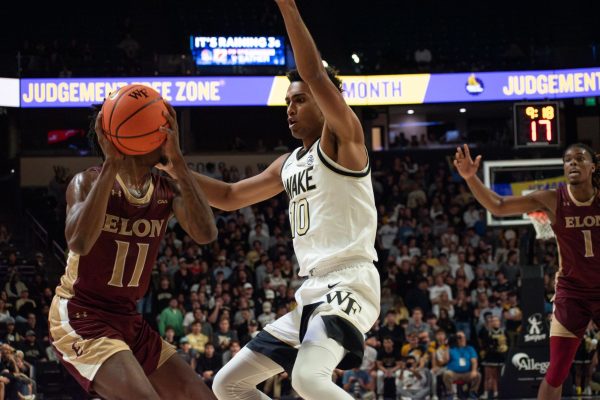
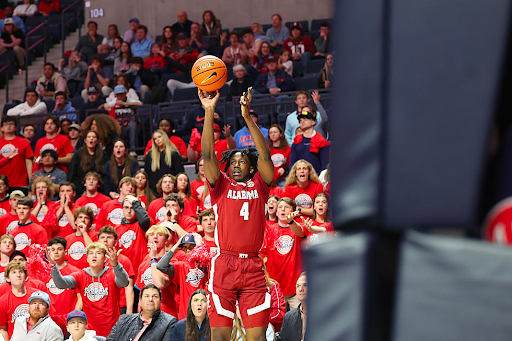
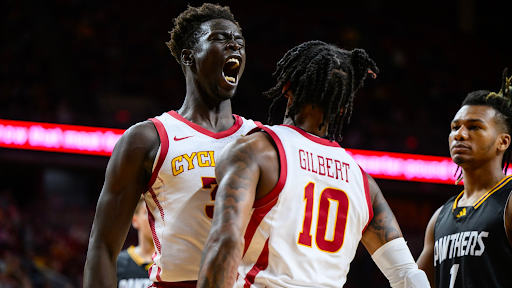
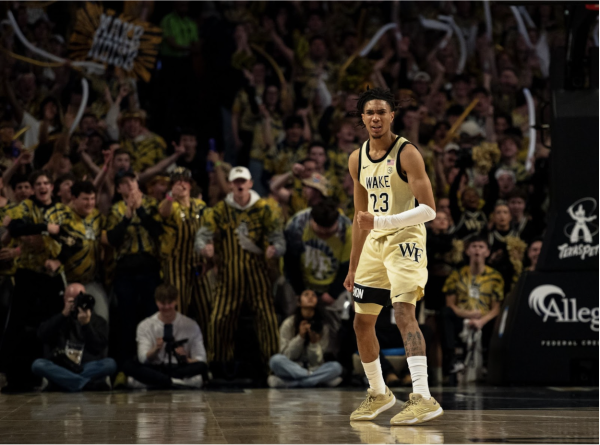
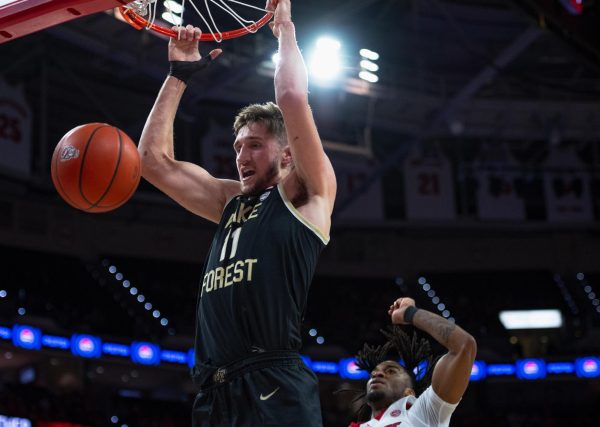
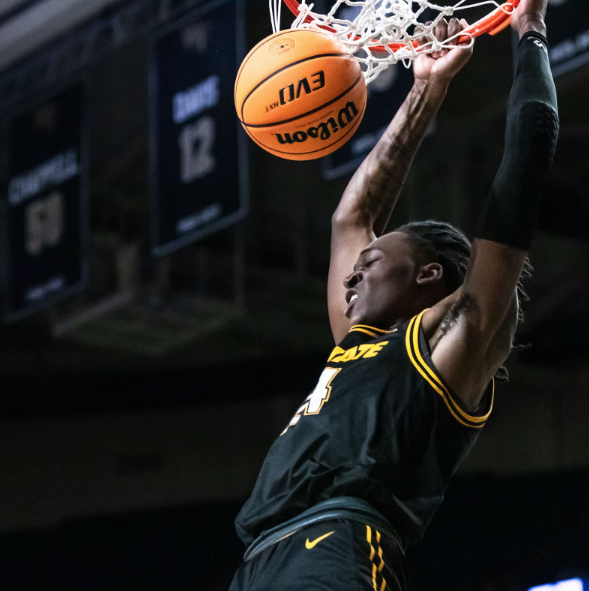
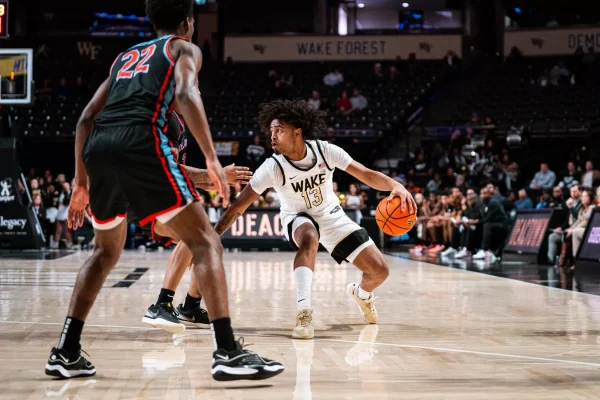
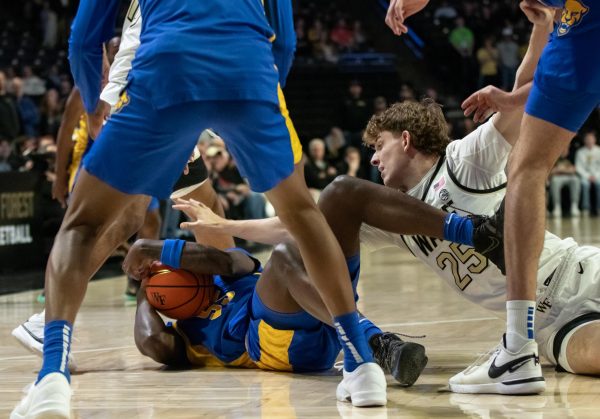
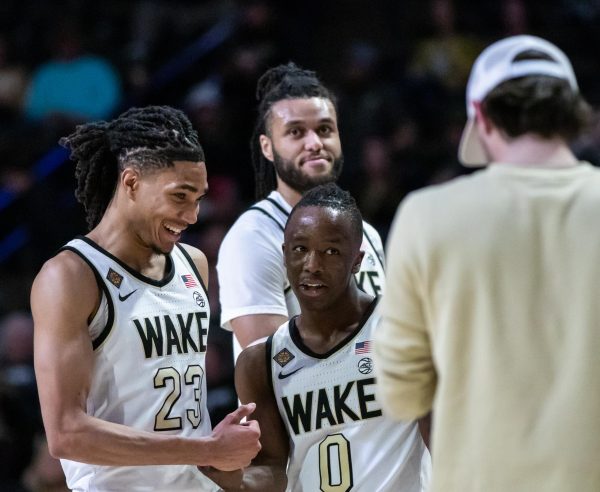
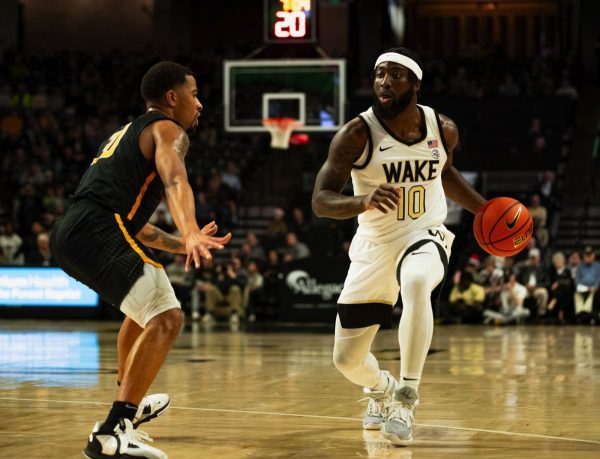
Regina • Jan 29, 2021 at 11:35 pm
Thank you for such a well-written unbiased article and for coming to a conclusion most would agree with.
The bottom-line is Kyrie deeply cares about and responds to the perniciousness and inequality of our world, that is blatant in our racial injustices.
While he’s a fascinating basketball player, and loves the game better than most (as seen in his hours of perfecting his game and making adjustments needed) , Kyrie is as equally committed to a better world.
A true humanitarian, philanthropist and a huge idealist who has to now figure out how to be more of a realist without becoming a pessimist – as this world these past few years fought divisiveness, unjustness and flat-out cruel injustice … all while during a confusing global pandemic to effect our most vulnerable folks greatly.
Grateful for all his monetary contributions to food banks, college students, WNBA, his mother’s Indian tribe, and countless other persons – his goal only to be the good human we all should be.